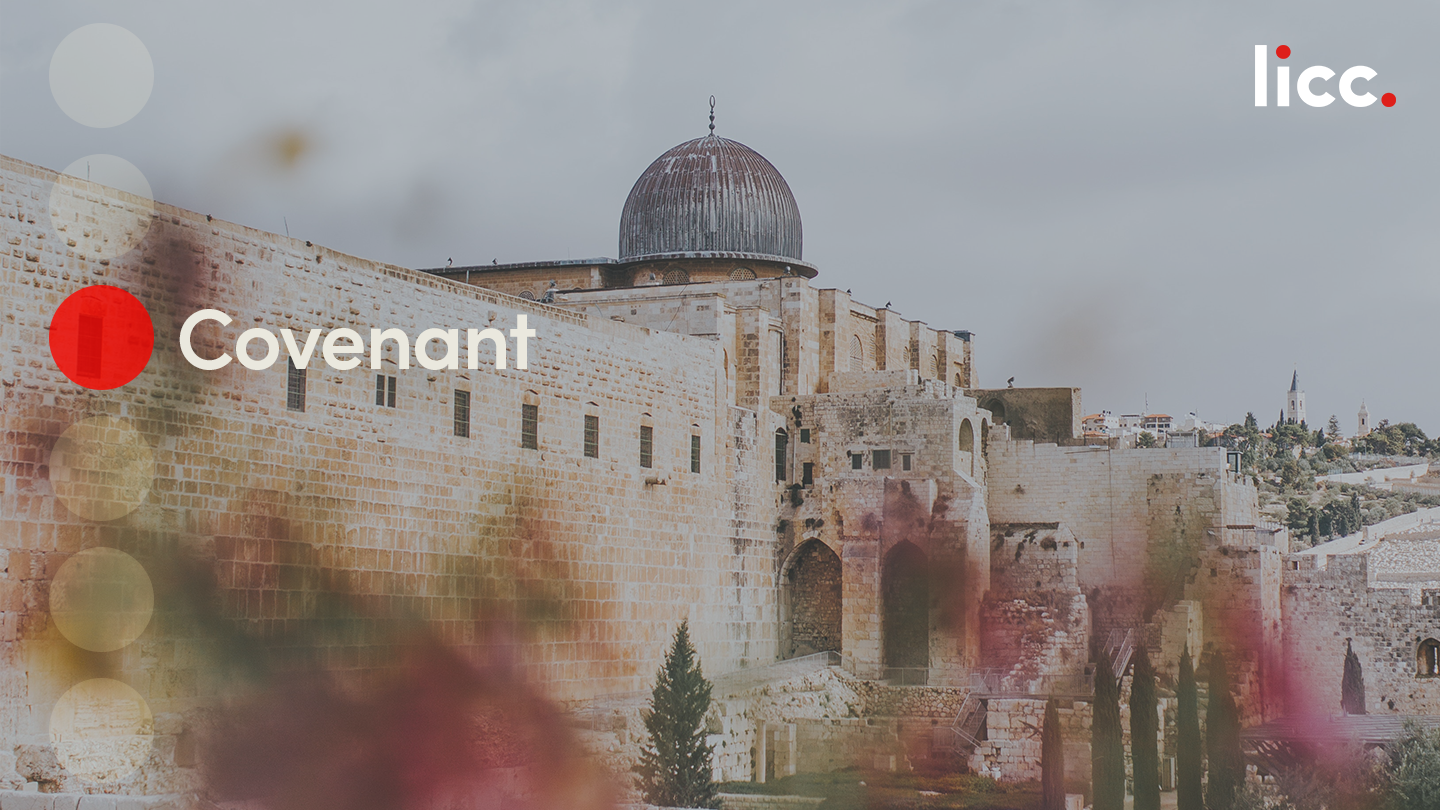Whole Life, Whole Bible: Journey through Scriptureنموونە


15: King for a day?
Israel’s struggle to take the land, and the destructive spiral of the period of the judges, pave the way for the monarchy. Thus begins the shift from a tribal society to a central government, where the focus of attention moves from the nation to the king.
With kingship comes the ambivalence of the political order and human rule that we know so well — its necessity alongside its tendency to corruption. The writers of the biblical records do not hide the negative details of Israel’s kingship, the person of David included. But with kingship comes a further reminder of God’s gracious willingness to get his fingers dirty with politics, society and culture; his determination to work through human foibles and failures; his ultimate oversight as the covenant relationship with his people is played out and preserved in the history and politics of real life.
At this point in the story, David has been crowned king, has defeated Israel’s enemies and has moved the ark of the covenant to the newly secured capital city, Jerusalem. Concerned that his own royal palace is more lavish than God’s dwelling, David is determined to build a temple for God. As it turns out, though, he is not allowed to build a ‘house’ (temple) for God, and instead is told that God will build a ‘house’ (dynasty) for him, giving him the promise of a kingdom that will last for ever, in which true kingship will be marked by faithfulness to God.
God’s covenant with David adds a new dimension to the biblical story. Now we have a royal representative of the people — God’s ‘son’, no less — with the promises of the covenant focused on Mount Zion, the place where God will be seen to dwell with his people as their true king. This language is echoed in many of the psalms, where the king’s reign is celebrated as marked by wisdom and righteousness, providing a visible centre of God’s rule for the sake of the nations.
As we might expect, then, God’s commitment to David has implications beyond Israel and stands in continuity with the promise to Abraham of blessing to all nations, itself tied to God’s purposes for creation. David and his sons will take centre stage in the story of God’s dealings with men and women, so that through his line—through his anointed ‘Son’—the Lord may restore and bless the whole world.
For further reflection and action
- Resonances of 2 Samuel 7 are found in Psalms 2, 72, 89, 132; Isaiah 9:6–7; 11:1–5; Jeremiah 23:5–6; 33:14–26; Ezekiel 34:20–24. Pick a few of these passages to read. How do they fill out the details of what ideal ‘kingship’ should look like?
- How does this passage illuminate our understanding of Jesus, descendant of David? Check out Luke 1:30–33; Acts 2:22–36; 13:32–36; Romans 1:2–4.
- If possible, share and discuss with someone else the pattern we have seen in the biblical story so far, where there is a move from the ‘particular’ to the ‘universal’. The Lord singles out one person (Abraham) for the blessing of the nations, and one nation (Israel) to be a light to the world, and now he singles out one king (David) and one place (Zion), for the sake of the extension of his rule to the ends of the world. In what ways is it possible to see Christians singled out in order to bless others? What examples of this have you seen in your own life?
Scripture
About this Plan

This 50-day reading plan walks you through the story of the whole Bible, and helps you reflect on how it shapes your whole life – at home, at work, in the neighbourhood. The bite-size readings and real-life application questions help illuminate God’s plan to renew all areas of life. Written by Antony Billington, Helen Parry, and Margaret Killingray, from the London Institute for Contemporary Christianity (LICC). Originally published by BRF.
More









